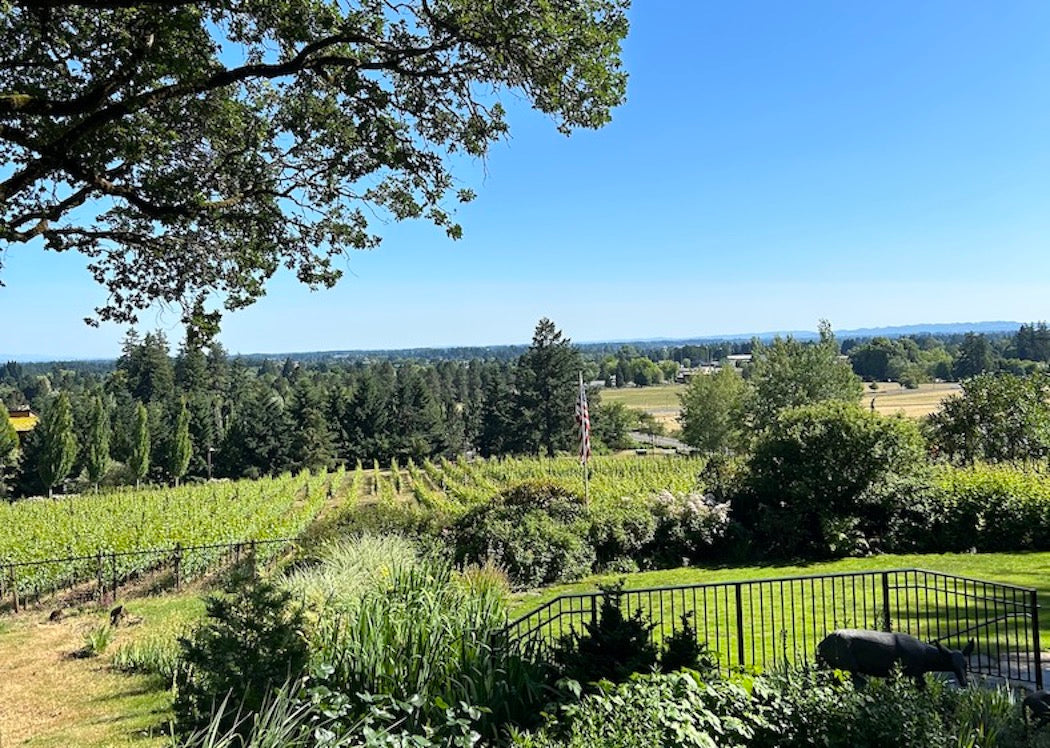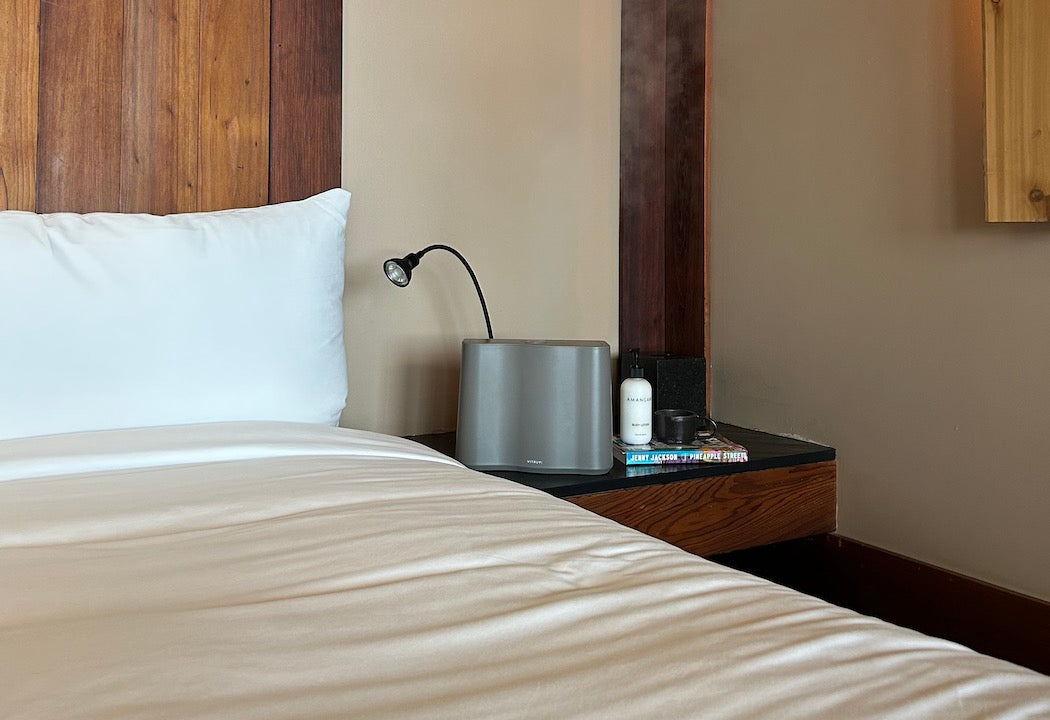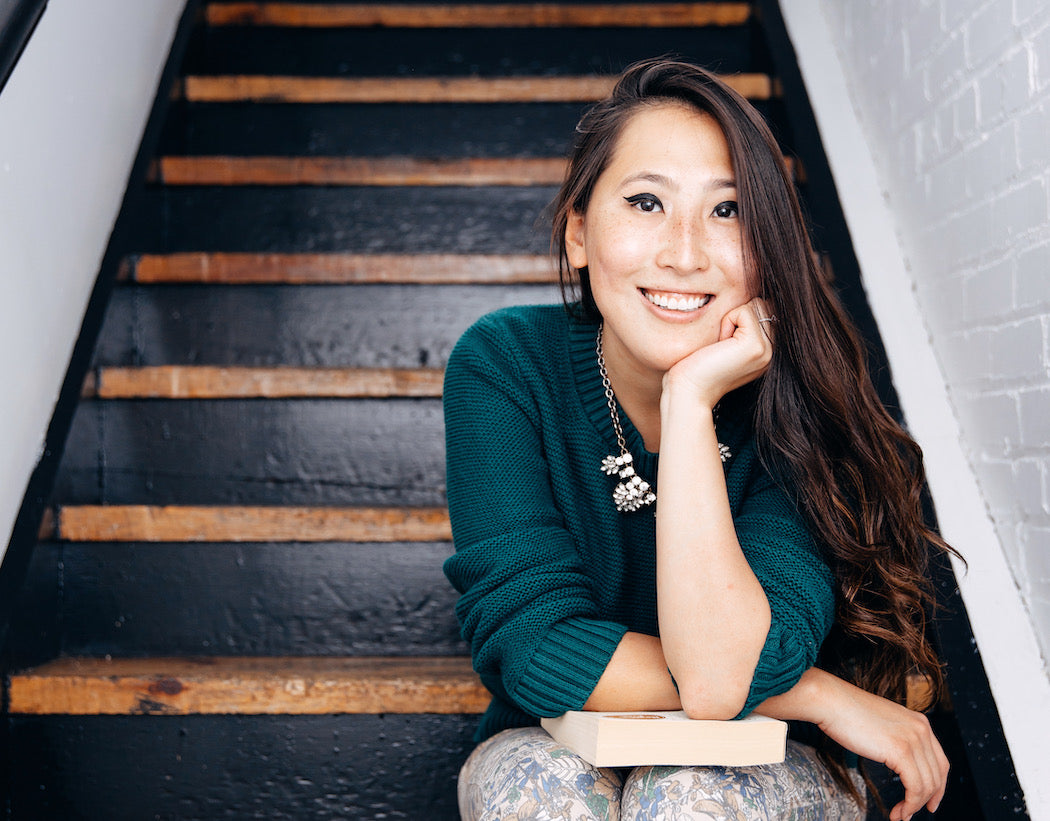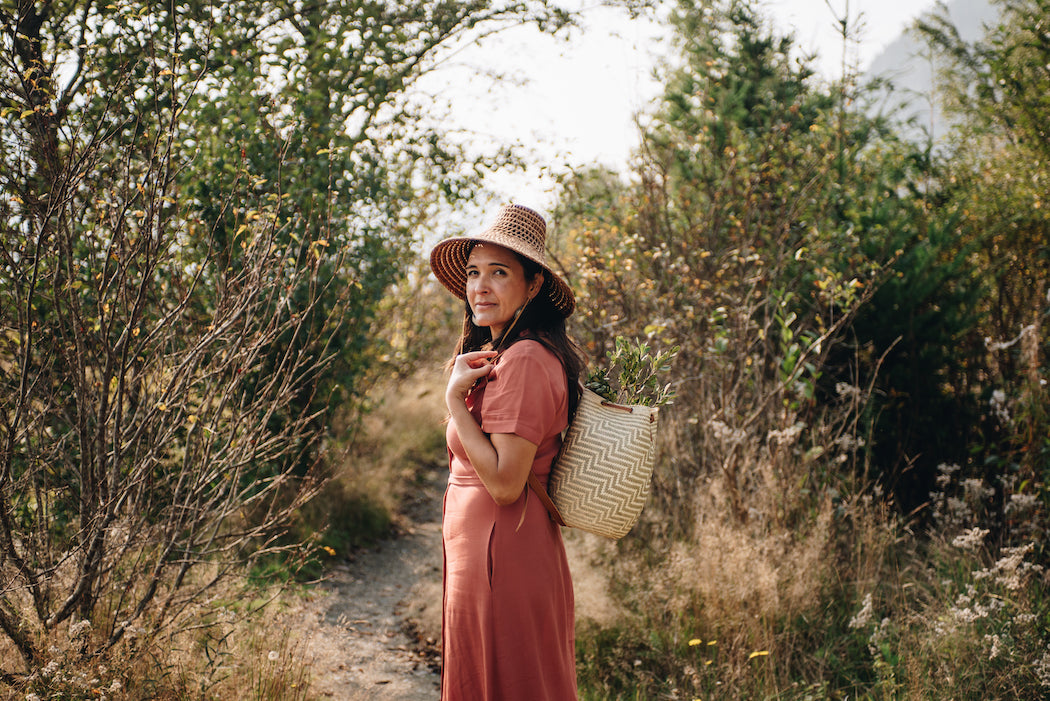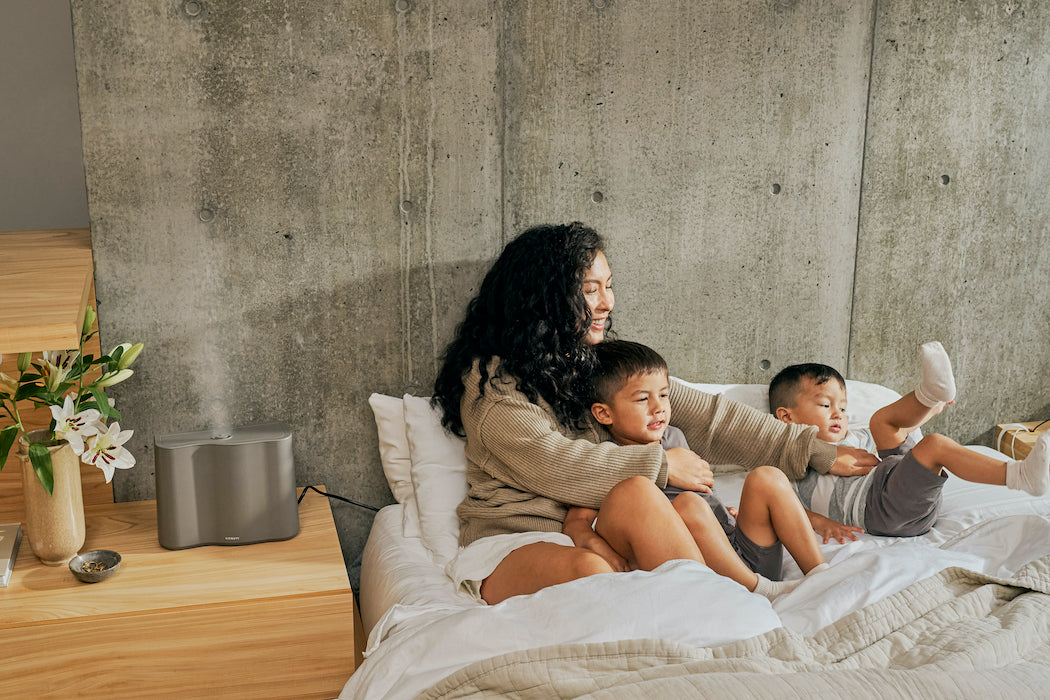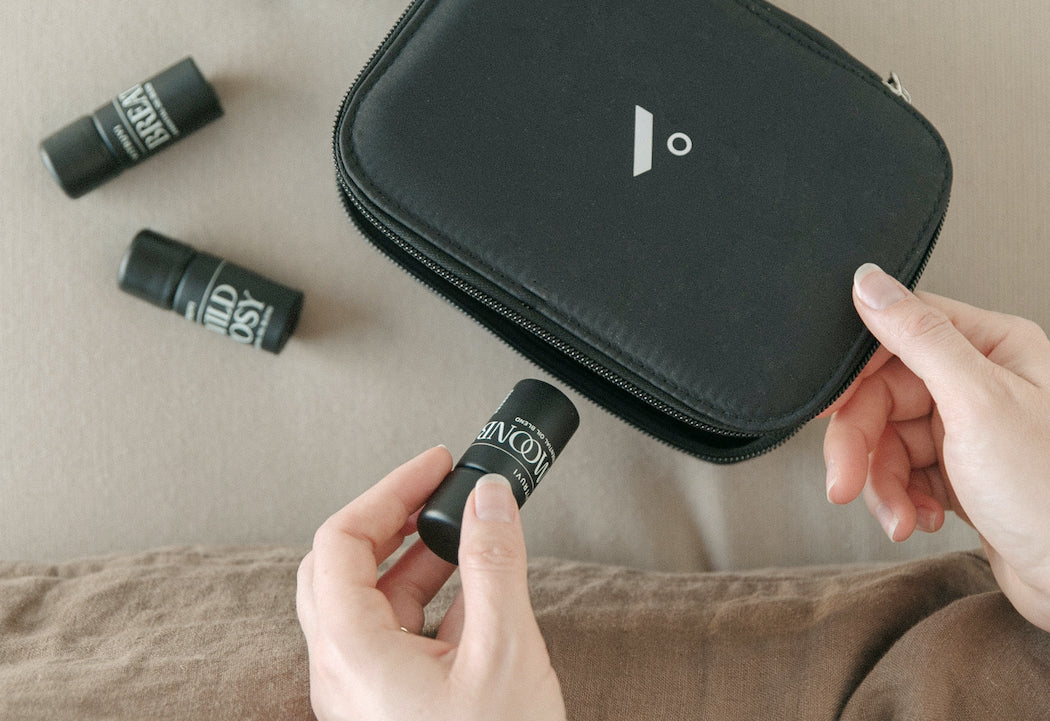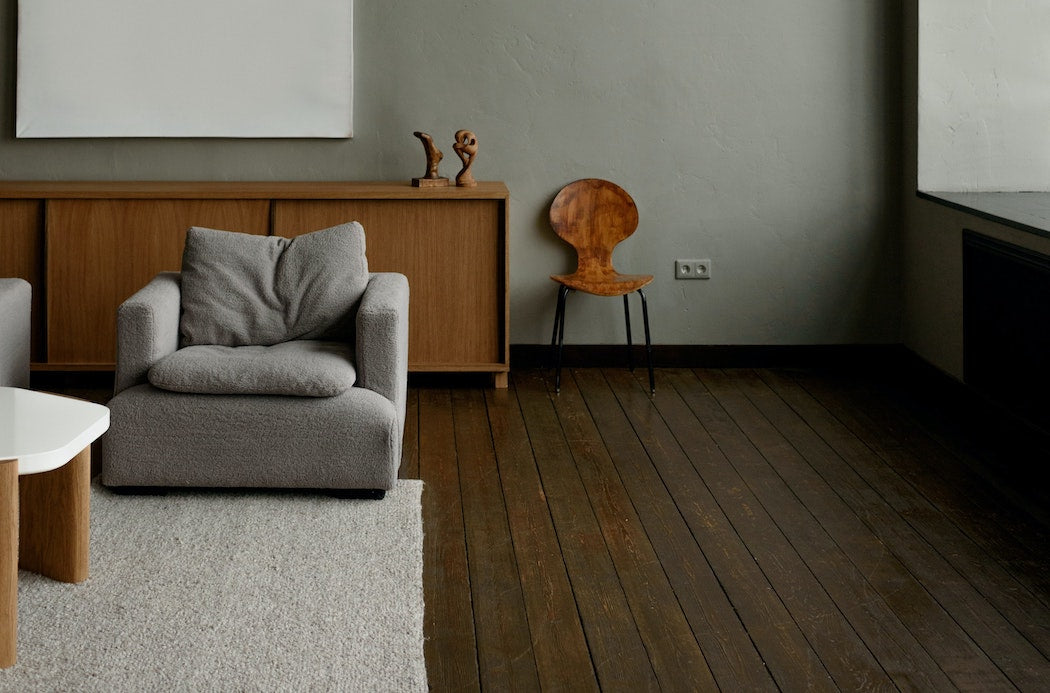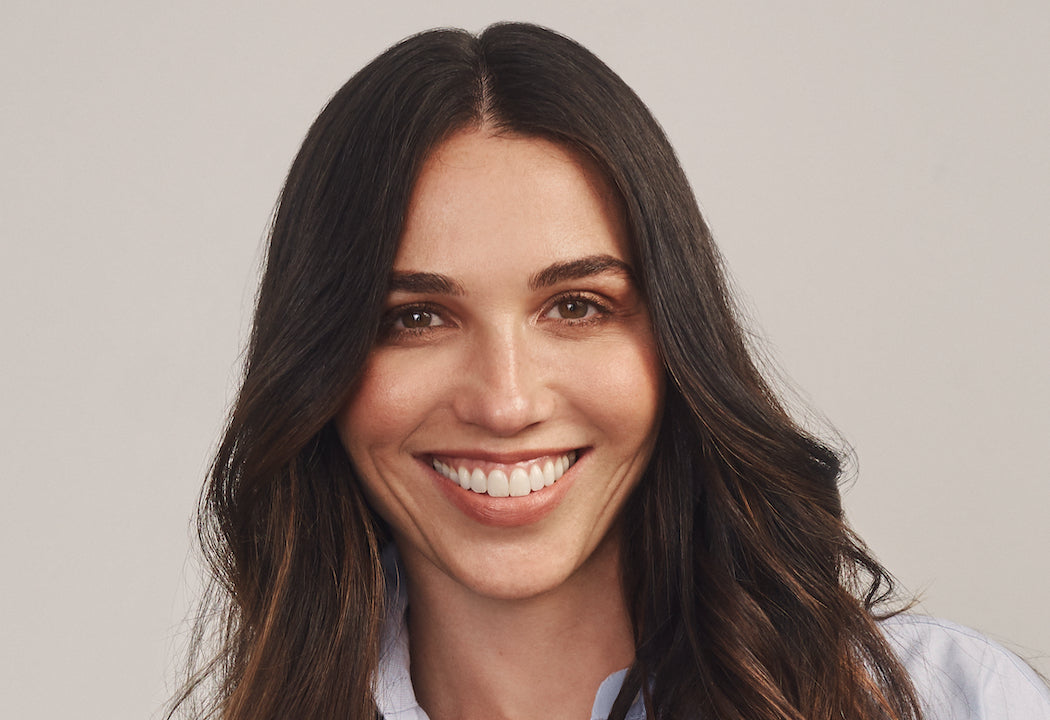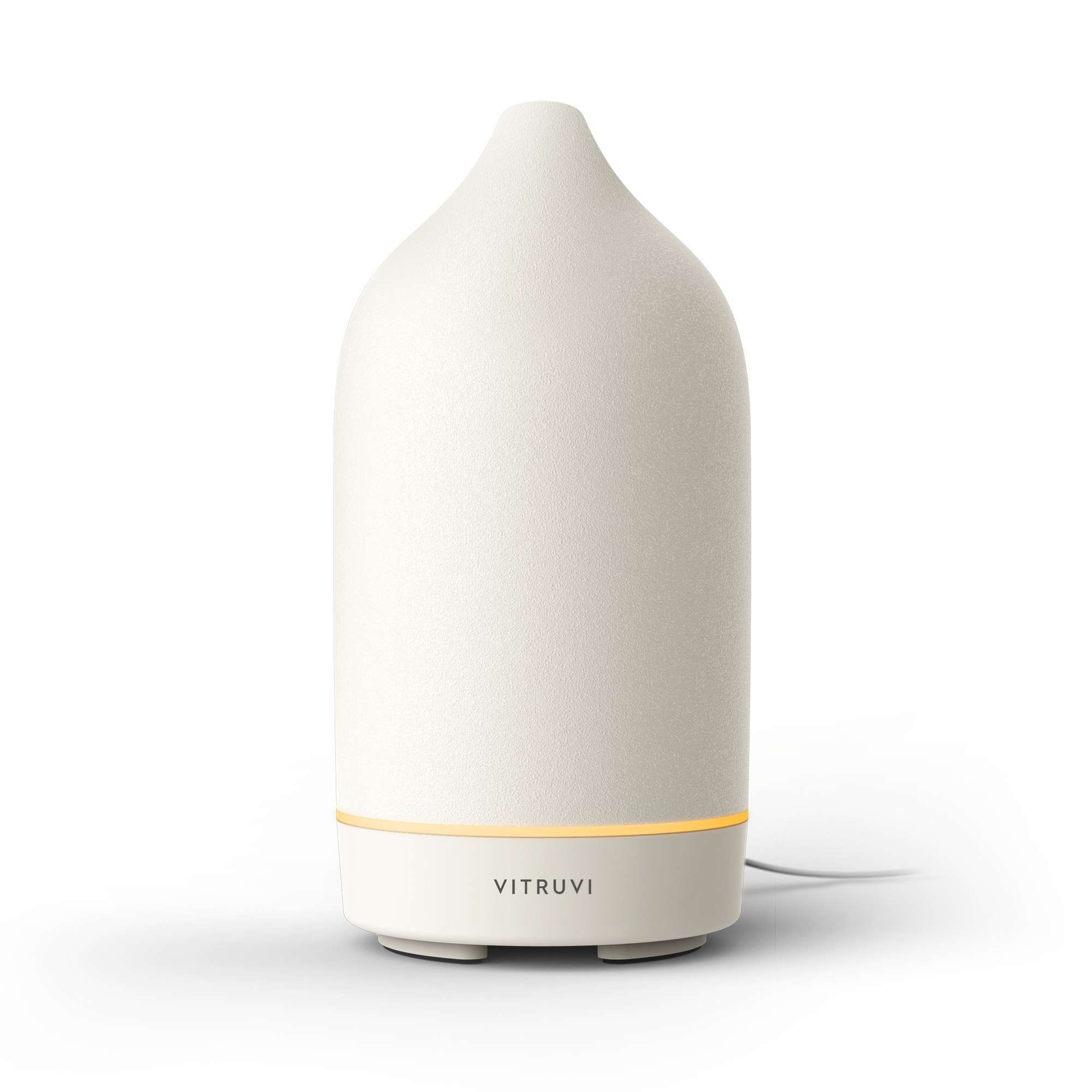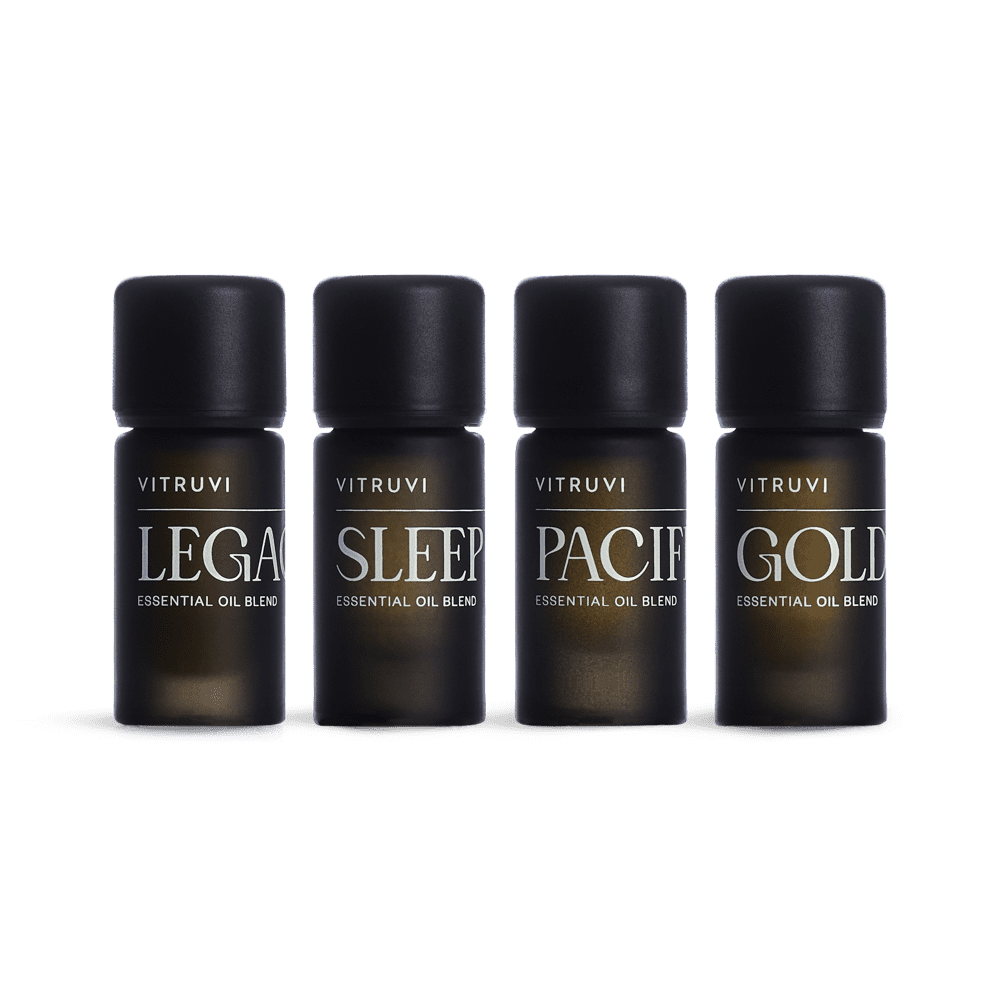When I think of myself at eight years old, I think of a magnetic bundle of untapped energy ready to burst at the seams. Growing up in small-town Ontario, I operated like an Energizer Bunny: running through the woods, chasing my friends down dirt roads, and riding my bike as far as my legs would allow.
My parents decided that a great place for me to exert my seemingly endless amount of energy was through sports. Figure skating, soccer, swimming, dancing, horseback riding, running, and even a short stint taking diving lessons—you name it, I did it. I was hooked on the sensation of moving quickly and the adrenaline associated with competition.
I had many friends who were boys, and growing up, I felt like one of them. I saw myself as a fitting pick for Huw’s soccer team—because I was a good player. I saw my figure skates as an asset when racing the boys across the rink—because I knew how to use them. And I saw the final volley coming down to Jordan and me—because we had the sharpest skills.

Then puberty came like a freight train, and soon I was being put onto teams based not on my talent, but my gender. As I entered high school, my love for sports dwindled; gone were the days of watching the NHL (a seismic shift for a girl who once named her cat after Toronto Maple Leafs player Darcy Tucker). I still loved being active, but in my mind, my athletic career was bound to end when I walked off the stage at Grade 12 graduation.
When I got to university, though, I found myself trying out for the school’s novice rowing team. It was a sport I didn’t know much about, but one that drew that childish wonderment and excitement out of me once again. The Energizer Bunny was back in action.
Ten years later, I sit here after my first Olympics—Tokyo 2020—and I still can’t wrap my head around it. If someone told eight-year-old me that this was my future, I would’ve believed it. But at 18, I would’ve laughed.
What happened in those teenage years? Why couldn’t 18-year-old Jill see herself as an Olympian? What about sport stopped being so magical during that time?
My rowing teammates recently did a campaign where they talked about what it’s like to be “good… for a girl.” And there I found my answer, hiding in plain sight.
At some point as a young, active girl, you stop being compared equally to your friends who are boys. You get othered. Suddenly you are no longer their equal; you’re in another group, and it’s a group with no visible leaders. You become acutely aware that you don’t see yourself playing hockey on TV every week; that you don’t see yourself making the three-point shot at the Scotiabank Arena; and that you certainly don’t see yourself as the GOAT.
In the early 2000s, women in sport only really existed in my world as the cheerleaders in Bring It On, or in the dance movies that dominated my slumber parties. The Olympics were singular in bringing out women sporting heroes, and I watched them with such concentration and devotion that I barely dared to blink.
I vividly remember seeing figure skater Joannie Rochette courageously compete after her mother died, and sprinter Perdita Felician heartbreakingly clipping the hurdle in her final race. These women were everything to me, but I still didn’t see myself in them. They were the exception, not the rule.
When I did run fast, it was good… for a girl. When I did score a soccer goal, it was good… for the only girl on the team. Even now, at the highest level of sport, I see myself and my teammates getting that backhanded compliment all the time. When we row well, we are “good… for girls.” When we win rowing events, it’s because “women’s rowing isn’t as competitive.” I’ve watched some of the fastest runners in the world get told it’s only because their testosterone is too high—that they aren’t “real” women. I watch women get fined by men in power for not wanting to wear revealing uniforms. I watch Serena Williams play best-of-three tennis, while the men play best-of-five.
But I also watch women achieve incredible feats, and in doing so begin to change the world for the rest of us. Simone Biles; Naomi Osaka; Sue Bird; Brooke Henderson; Christine Sinclair; Emma Raducanu. All of them are making sport a better place for the women—and men—of tomorrow.
As a woman in high-level sport, I know that this is a different moment in time than a decade ago. We are now opening the door for each other and demanding our place beside our male teammates. For every backhanded compliment, there is a chorus of women ready to drown it out.
My most treasured moment from the Tokyo Olympics happened after all of the racing was over: my teammate and I got together with our competitors from across the world to chat and connect. Those friendships will outlast our playing days, and they inspire me to create a better place for the women athletes who come after me. It’s my hope that through our collective action, future generations of girls will simply hear, “You’re good.” Period.


